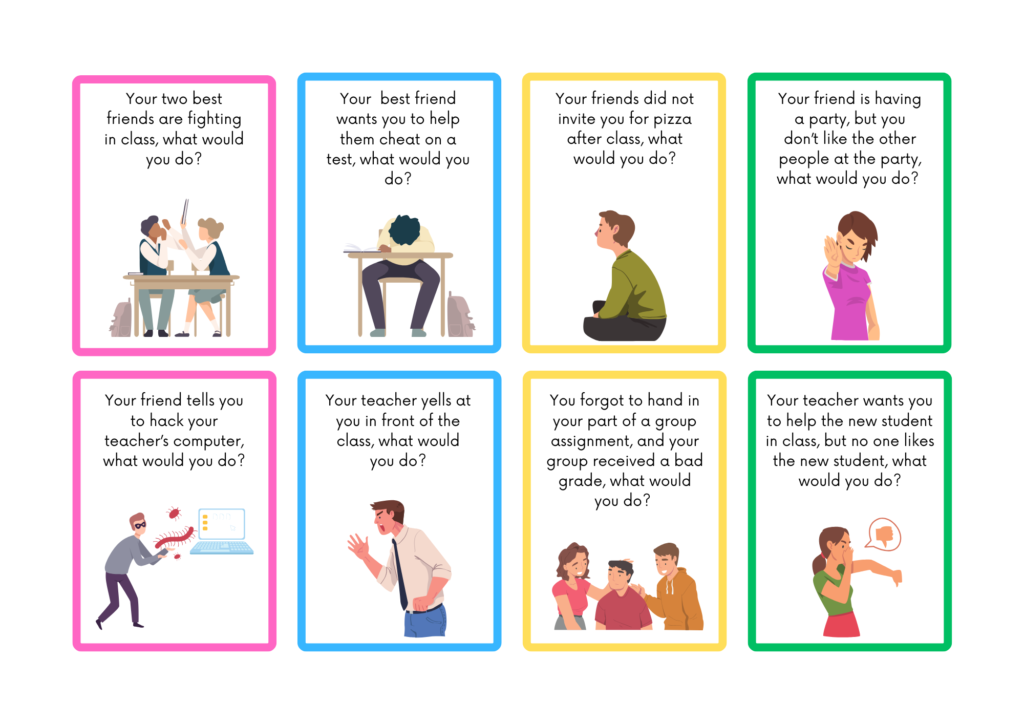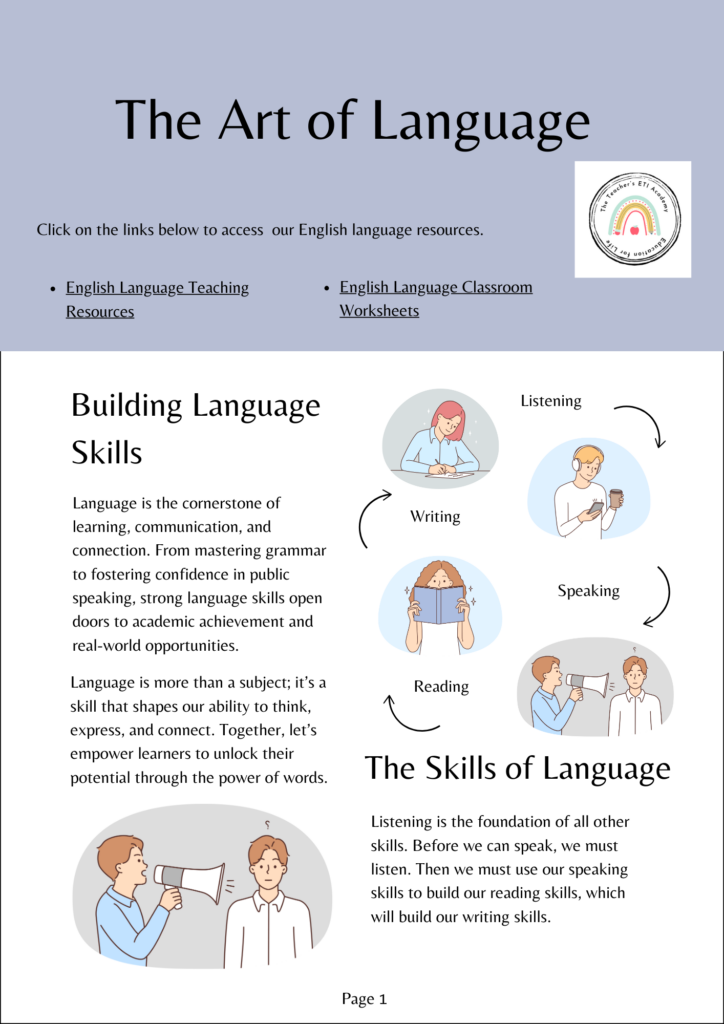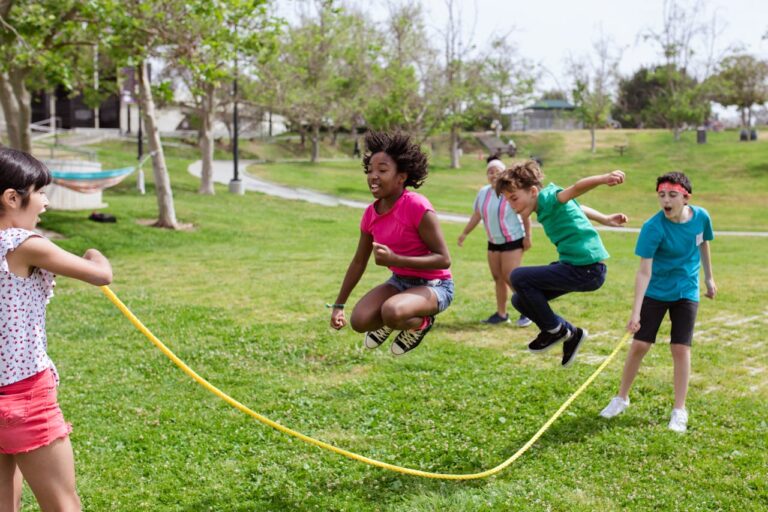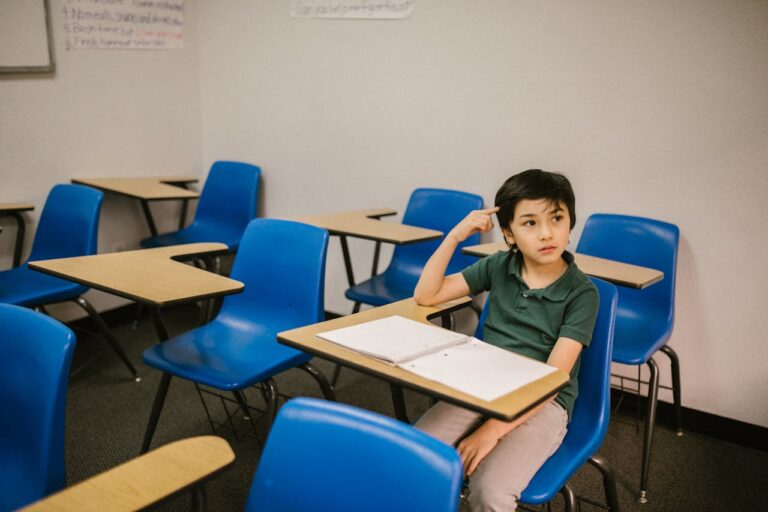The Important Role of Boys in Education
The Important Role of Boys in Education highlights the significance of understanding how boys learn, the barriers they encounter, and the strategies teachers can use to support their academic and personal growth.
By fostering an environment that values their strengths and encourages their participation, educators can empower boys to reach their full potential and contribute meaningfully to the learning community.

Boys play a vital role in shaping the future of education, yet their unique needs and contributions are often overlooked in discussions about learning and development.
Addressing the challenges boys face—such as engagement, motivation, and emotional expression—can lead to more inclusive and equitable classrooms where all students thrive.
Education is a cornerstone of personal and societal growth, shaping the future for individuals and communities alike. While conversations about equity in education often focus on addressing the challenges faced by girls, it is equally vital to recognize the unique role boys play in the educational landscape.
Boys bring diverse perspectives, energy, and creativity to classrooms, influencing not only their own learning experiences but also the dynamics of their peers and educators. However, boys often face their own set of challenges in education, including stereotypes about masculinity, engagement struggles, and academic achievement gaps in certain areas.
Understanding and supporting boys in their educational journeys is essential for fostering inclusive and balanced learning environments that benefit everyone.
As boys in education has been a topic of discussion in educational circles for many years, a growing awareness of the unique challenges and needs faced by boys in the classroom need to be address and nutured.

This blog contains affiliate links to highlighted websites and/or resources. By clicking on the link and making a purchase we may earn a small commission at no extra cost to you. Click here for full disclosure.
Looking for a solid backpack for the new school year? Try JanSport TDN7 Big Student Backpack
By embracing the differences between the genders we nuture the strength each gender brings to education.
Expecting boys to behave and perform like girls in the classroom and vice versa is to isolate the nature of how boys and girls are in their thinking.

By understanding and addressing the factors that impact on boys in the classroom, we may be able create a supportive and inclusive learning environment that enables boys and girls to thrive academically, emotionally, and socially.
In this article, we will present the important aspects of boys’ education and explore effective strategies to nurture their growth and development.

Visit this guide now available on the ETI Academy Amazon kindle page.
The Role of Boys in Education & Challenging Stereotypes:
Society often places fixed stereotypes on boys, expecting them to be tough, strong, and unemotional. However, it is important to recognize and celebrate the diverse strengths and qualities that boys bring to education and the classroom.

By challenging traditional gender stereotypes teachers can create a positive atmosphere that encourages boys to explore their interests and express their emotions freely.
The Role of Boys in Education & Addressing Learning Styles:
Boys often have learning styles that differ from girls. They may be more inclined towards hands-on, experiential learning, which promotes practical applications and active participation.
By including “hands-on” type activities, project-based learning, and opportunities for movement, teachers may find that boys’ engagement and retention of knowledge improves.

When lesson planning, teachers may want to tailor their instructional strategies to include more “hands-on” or kinaesthetic learning preferences, where they can support the potential of improving boys’ learning.
This may help promote a deeper understanding of the subject matter.
The Role of Boys in Education & Fostering Positive Relationships:
Building strong relationships with boys is essential for their educational journey.
Boys may not be able to communicate their thoughts or feelings and therefore, guidance may be to have quiet space and time alone with their thoughts.
Teachers, classmates, and friends play important roles in providing guidance, support, and a sense of belonging.

By encouraging positive connections and reflections, promoting collaborative learning, and providing mentorship opportunities, we can nurture boys’ social skills, emotional well-being, and overall academic success.
The Role of Boys in Education & Promoting Character Development:
Developing character traits such as resilience, empathy, and perseverance is vital for boys’ personal growth.
Encouraging a growth mindset, teaching problem-solving skills, and providing opportunities for reflection and self-assessment can help boys navigate challenges, embrace failures as learning experiences, and develop a strong sense of self-confidence.

By nurturing their character development, we equip boys with invaluable life skills that extend beyond the classroom.
The Role of Boys in Education & Engaging Parental Involvement:
Parents play an integral role in supporting boys’ education. Collaborating with parents and caregivers can create a holistic approach to their development.

Sharing insights, providing resources, and involving parents in school activities and decision-making processes can strengthen the home-school partnership and contribute to boys’ educational progress.
Final Thoughts
By recognizing the unique needs and strengths of boys in education, we can create an inclusive learning environment that fosters their academic, emotional, and social growth.
Embracing their diverse learning styles, nurturing positive relationships, promoting character development, and involving parents can empower boys to reach their full potential.
Let’s strive for an educational landscape that celebrates the individuality of every student, enabling boys to flourish and become well-rounded individuals prepared for success in their personal and professional lives.
Related Topics
Connect to our other pages as you navigate through our website. Explore what these pages have to offer you and you will be glad you did!
- The Role Gender Differences Play in the Classroom
- How Emotions Connect to Learning
- Secrets to Improving Problem Solving Skills
- How Masterclass will Help with Teaching Strategies
- Recognizing Teacher Identity in the Online Classroom
- How to Build Effective Classroom Management Strategies
- What Are Formative Assessments in Education?
- Effective Lesson Plans Checklist for Teachers
- 5 Important Tips for PreService Teachers
Join Us Today!
Share Your Thoughts!
We would like to hear from you! Let us know your thoughts in the comments below on our views on boys in education. And remember to keep learning and have fun!








